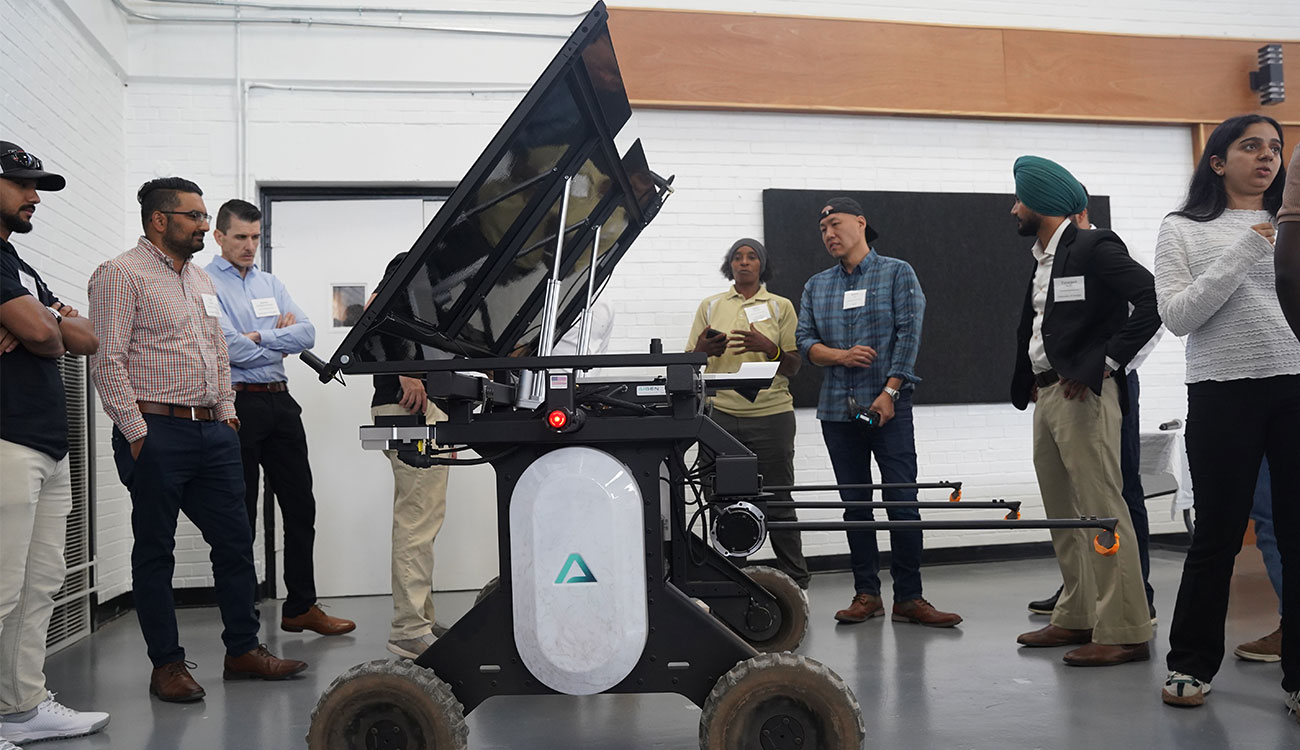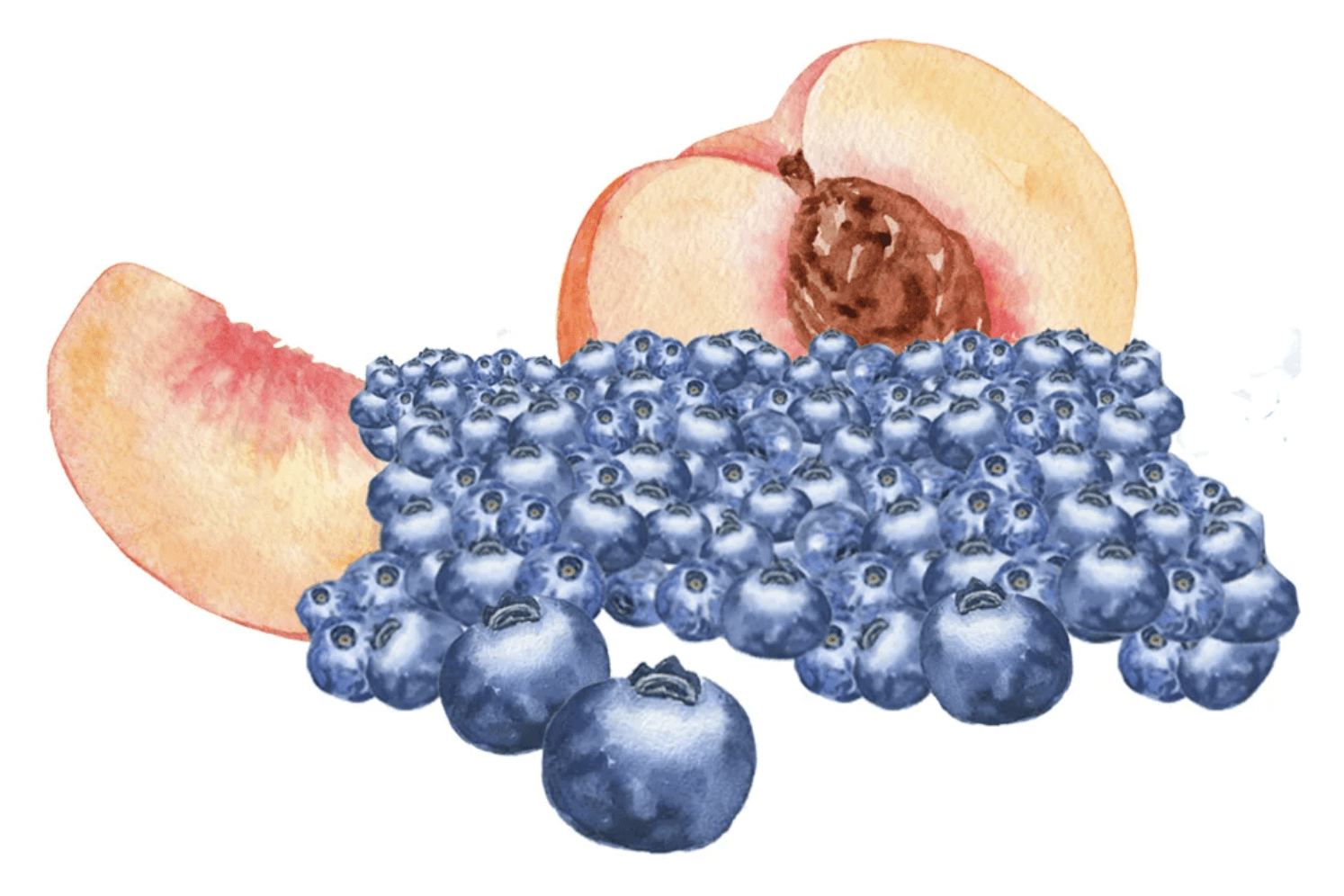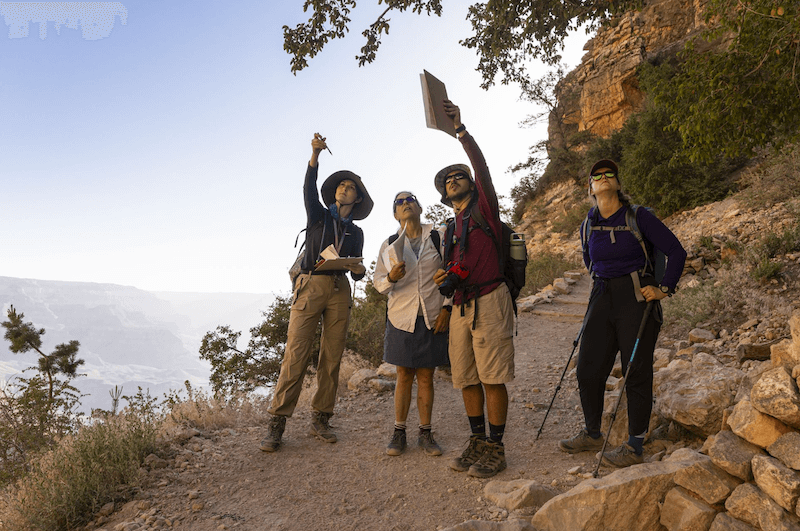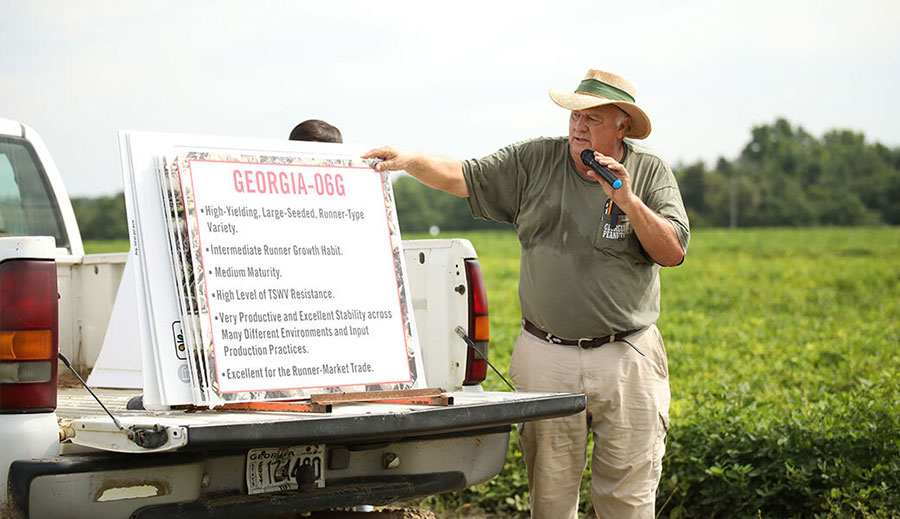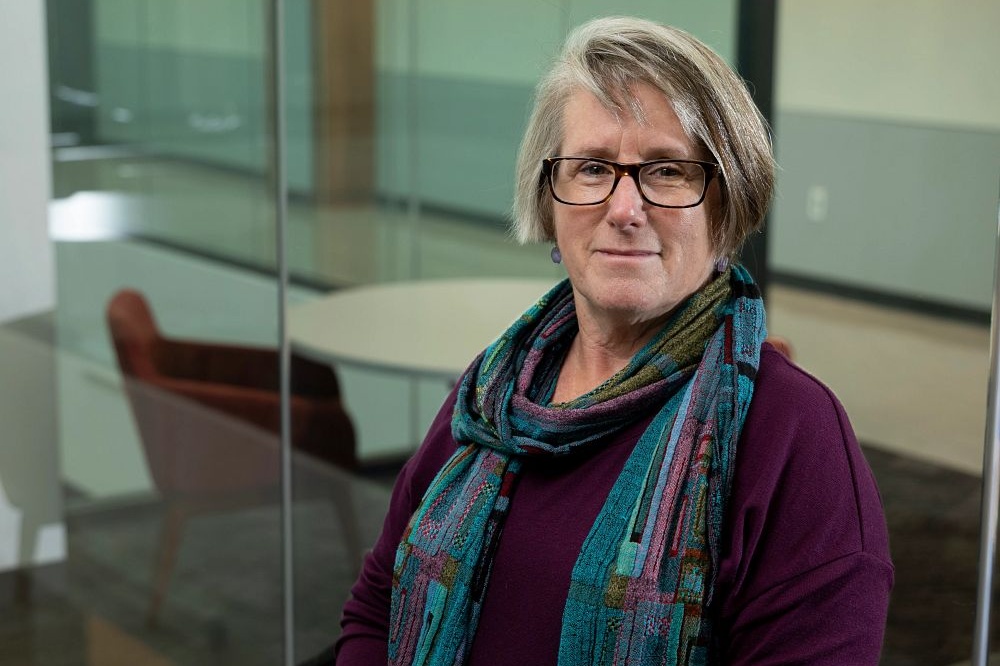 CAES News
CAES News
National Academy of Sciences
University of Georgia professors C. Robin Buell and Daniel R. Perez have been elected to the National Academy of Sciences, the organization announced on April 29. Members are elected to NAS in recognition of their distinguished and continuing achievements in original research. Membership is a widely accepted mark of excellence in science and is considered one of the highest honors a scientist can receive.

